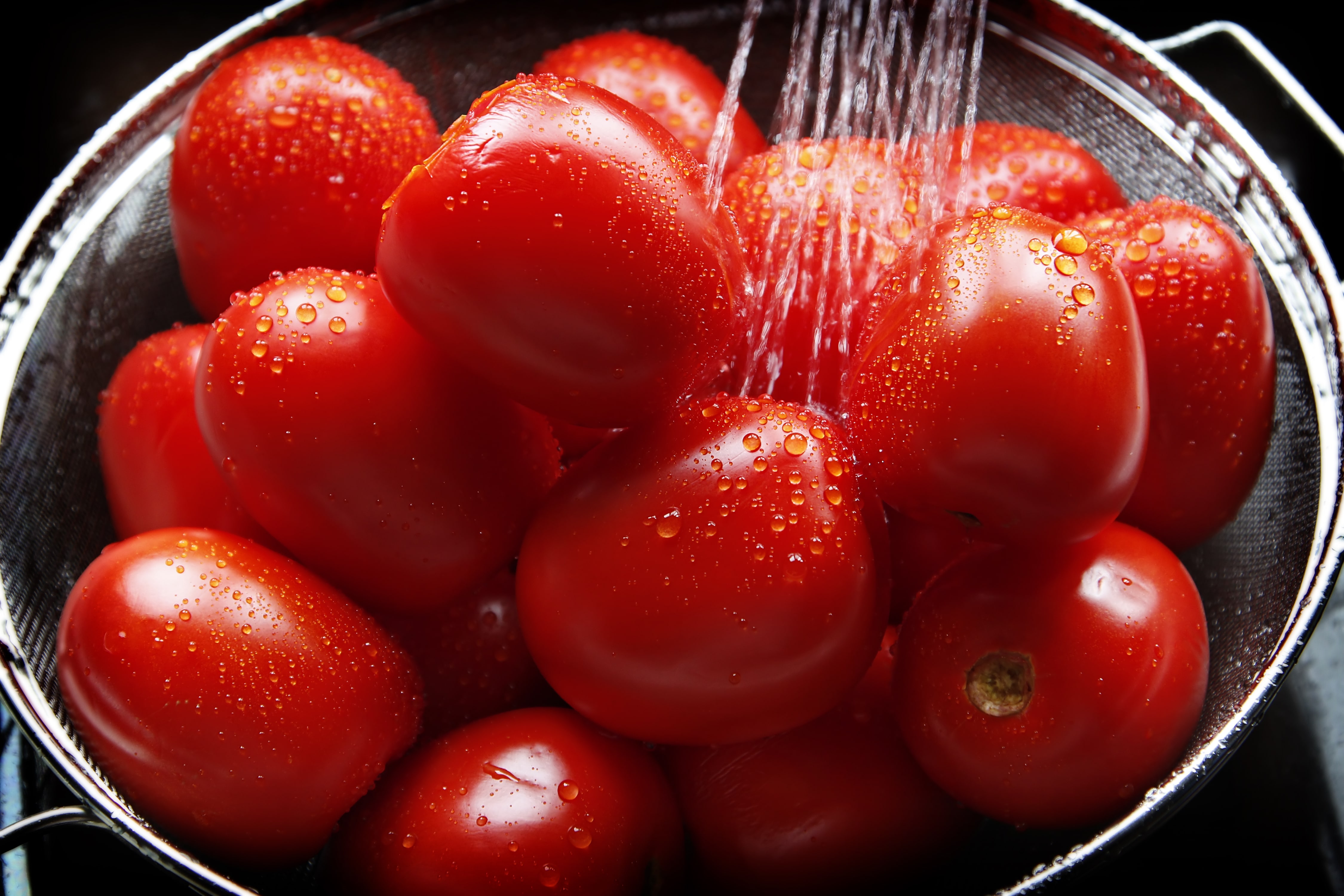
Water is fundamental to life, but did you know that it also plays a crucial role in commercial kitchens? Besides altering the taste of food and drink, poor water quality can affect the performance of equipment. Untreated water and mineral deposits can wreak havoc on the internal workings of beverage dispensers, ice machines, steamers, and dishwashers.
Whether you run a small coffee shop or a huge industrial kitchen, it’s important to have a robust water filtration system in place. Here are several reasons why improving water quality in your current commercial setting is critical to your overall success.
Improves flavor profile
Unique flavor sets a brand apart in the food and beverage industry, and filtered water helps restaurants, cafes, and coffee shops accomplish this goal. Filtered water is critical to the art and science behind great fare and brews. Just like spices, salt, or sugar, water is a key ingredient that can influence the flavor and quality of food and drink.
Water quality plays an essential role in the customer experience. For example, if the tap water at a restaurant smells like chlorine or if customers experience bitter-tasting coffee, it can impact the brand’s reputation. When unwanted minerals and other contaminants are removed from the water, customers can enjoy delicious cuisine and beverages, and an overall positive and healthy dining experience.
Common water contaminants can cause illness
Municipal water treatment plants use chemical disinfectants that can leave by-products in water systems. When water travels through the pipes to your business, it collects sediment, organic matter, bacterial residue, and other particulates along the way. Tap water may have an odor, taste, color, or cloudiness caused by various contaminants. For example:
- A metallic taste or smell may indicate the presence of copper, zinc, manganese, or iron
- A salty taste may be caused by high chloride or sulfate concentrations
Water purifiers for commercial kitchens improve overall water quality by removing contaminants that can make customers sick. Filtration systems supply fresh water for commercial cooking and beverage appliances.
The location of your establishment may affect its water quality. In general, if the water is particularly ‘hard’ or contains a lot of minerals, debris, algae, or other organic matter, a pre-filter installation would greatly benefit your business. However, there are many different types of water filtration systems available on the market for commercial kitchens, including reverse osmosis, ultraviolet light, and carbon filters.
Equipment efficiency and longevity
Mineral deposits and lime scale can accumulate in machines, causing equipment damage or breakdown. Particulate matter may also cause corrosion on the metal surfaces of your food-service machinery. Demineralization and decontamination of equipment can be expensive and time-consuming. Moreover, these processes typically involve harmful chemicals, which have the potential to contaminate food and drink.
Water filtration systems can reduce equipment maintenance and breakdown by as much as 75%. Not only does water filtration boost equipment longevity, but it promotes sanitary, great-tasting water and ice. Filtered water can also reduce energy consumption and detergent costs. With fewer equipment breakdowns, you lower the risk of downtime. This can result in significant financial savings for your operation.
Customers care about clean drinking water
Diners and health-conscious customers are becoming increasingly concerned about the water quality in both their homes and restaurants. According to a survey, polluted drinking water is one of the top 10 fears that Americans face.
Offering safe and filtered drinking water to customers can help put their fears at ease and provide a better dining experience. It also reduces customers’ reliance on single-use plastic bottles, which contain harmful chemicals such as bisphenol A (BPA). Implementing a water filtration system can lead to happy repeat customers.
Cleaner glassware, dishes, and utensils
Water quality is integral to the operation of any commercial kitchen or restaurant, from preparing food and beverages to cleaning glassware and utensils. A properly sized commercial water filtration system works by blocking mineral deposits, sediment, and scale from entering water lines and equipment, such as your dishwasher.
Water filters for dishwashers can help produce sparkling cutlery and streak-free glassware, which reduces the need for time-consuming hand polishing.
Your water pipes may be old
Water issues may present themselves in obvious ways, such as discoloration of surfaces, but sometimes problematic water can go undetected. This is why water testing is critical, especially if you have pipes that are old, corroded, or made of lead. Drinking lead-filled water can cause a variety of health conditions, including kidney damage, speech and language problems, and poor muscle coordination.
A water filtration system is a critical investment in any commercial setting or food-service enterprise. It is the food and beverage industry’s secret to quality, flavorful menu items. It’s important to get your water tested and analyzed by an expert to determine how its quality is impacting your business.
Bryan O’Connell is founder and CEO of Meras Water Solutions, a full-service industrial and agricultural water treatment company specializing in customized solutions for customers throughout the western United States
